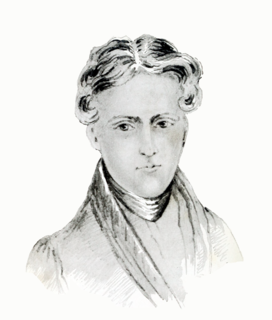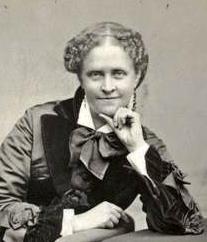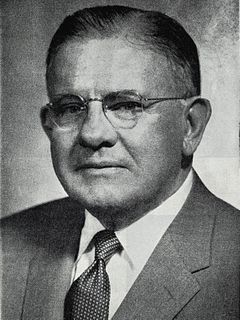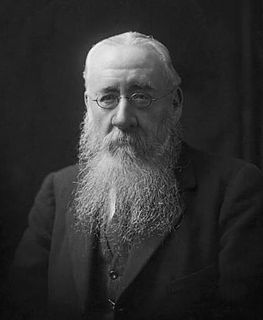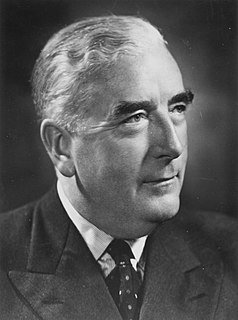A Quote by Philip Neri
At communion we ought to ask for the remedy of the vice to which we feel ourselves most inclined.
Related Quotes
Increasingly in recent times we have come first to identify the remedy that is most agreeable, most convenient, most in accord with major pecuniary or political interest, the one that reflects our available faculty for action; then we move from the remedy so available or desired back to a cause to which that remedy is relevant.
The moment when a man's head drops off is seldom or never, I am inclined to think, precisely the most agreeable of his life. Nevertheless, like the greater part of our misfortunes, even so serious a contingency brings its remedy and consolation with it, if the sufferer will but make the best, rather than the worst, of the accident which has befallen him.
There is one vice of which no man in the world is free; which every one in the world loathes when he sees it in someone else; and of which hardly any people, except Christians, ever imagine that they are guilty themselves. […] There is no fault which makes a man more unpopular, and no fault which we are more unconscious of in ourselves.[…]The vice I am talking of is Pride or Self-Conceit: and the virtue opposite to it, in Christian morals, is called Humility.
To carry the spirit of peace into war is a weak and cruel policy. When an extreme case calls for that remedy which is in its own nature most violent, and which, in such cases, is a remedy only because it is violent, it is idle to think of mitigating and diluting. Languid war can do nothing which negotiation or submission will do better: and to act on any other principle is, not to save blood and money, but to squander them.
A psychologist once asked a group of college students to jot down, in thirty seconds, the initials of the people they disliked. Some of the students taking the test could think of only one person. Others listed as many as fourteen. The interesting fact that came out of this bit of research was this: Those who disliked the largest number were themselves the most widely disliked. When we find ourselves continually disliking others, we ought to bring ourselves up short and ask ourselves the question: "What is wrong with me."
We find nothing easier than being wise, patient, superior. We drip with the oil of forbearance and sympathy, we are absurdly just, we forgive everything. For that very reason we ought to discipline ourselves a little; for that very reason we ought to cultivate a little emotion, a little emotional vice, from time to time. It may be hard for us; and among ourselves we may perhaps laugh at the appearance we thus present. But what of that! We no longer have any other mode of self-overcoming available to us: this is our asceticism, our penance.
When someone speaks we ought to get three things out of the message. First and least important (but still very important), we ought to get what is said. Second, and more important, we ought to have a spiritual experience. Third, and most important, we should keep the commitments we make to ourselves.






